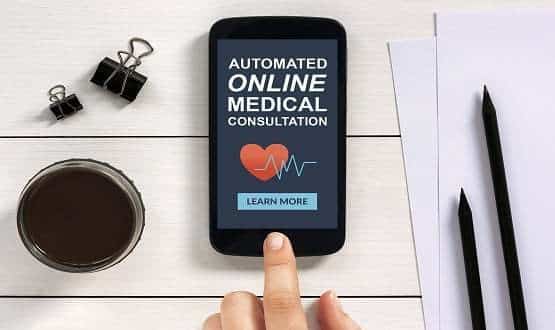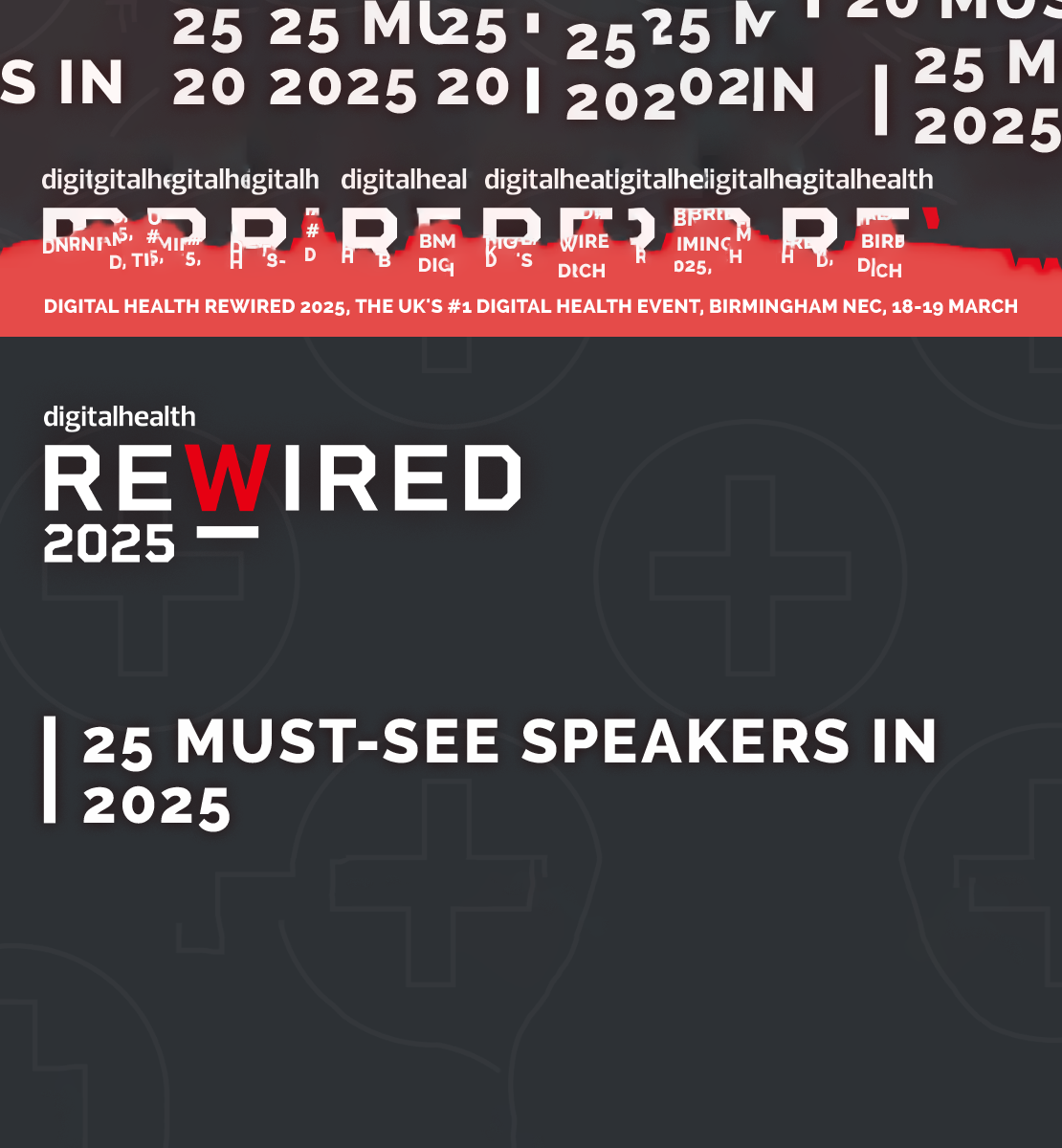Project launched to create artificial intelligence virtual GP

A project has been launched to create a virtual GP using artificial intelligence and machine learning.
Those behind the project say that the planned virtual GP won’t replace traditional human GPs but be complimentary.
The University of Essex and digital company Orbital Media, in partnership with Innovate UK, started the four-year research initiative with a combined investment of £250,000.
Paul Brown is practice manager at Stowhealth GP practice, one of the active partners in the development and shareholder and the largest GP practice in East Anglia.
Brown said, “the technology is to develop an online artificial intelligence portal that allows patients to access GP advice on a range of minor ailment conditions in the first instance”.
He added: “So it’s aimed at prevention and self-care, and about accessing without the need to speak directly with, or see, a health clinician.”
The information the virtual GP will advise on will focus on colds, coughs, flu and hay fever, and will use video and avatars to interact with patients.
Brown said the project is “about informing and shaping the demand for GP services. It’s not meant to be barrier, it’s meant to inform and educate”.
NHS England is also using AI to manage the growing demand through a new Babylon Health chatbot that will assist with NHS 111 in parts of London.
AI is also entering the health service through Google’s DeepMind Health.
The search giant , parent of DeepMind, is working with University College London Hospitals NHS Foundation Trust in a research partnership for head and neck cancer; and at Moorfields Eye Hospital NHS Foundation Trust to apply machine learning algorithms to detect and segment eye scans automatically.
Brown said that key to making patients engage with this technology was how it is promoted in the GP practice so if patients “feel like they’re being fobbed off there’s a very quick patient response of ‘I don’t like this’.”
Rather than a replacement for a GP, he said, the virtual GP will be presented as a complimentary service and a way of accessing the information more quickly.
Suffolk GP Federation will also be trialling the technology.
The virtual GP AI initiative is being jointly funded by the Engineering and Physical Sciences Research Council and The Economic and Social Research Council.
Brown said the project intends to verify health information for busy people.
“Want some quick readily consumable information that they are confident is the correct advice, whereas if you Google you get a long list and it’s pot luck.”
NHS England is trying to increase the visibility of NHS content online, and provide guidance amidst the plethora of health apps available with its forthcoming app store.
Earlier this month, Juliet Bauer, director of digital experience at NHS England, said that the agency was working with search engines, Bing and Google to promote NHS.uk and NHS Choices, and with Apple to ensure trusted health apps are displayed.
The long awaited app library is due to be launched March 31 in beta mode, with five apps including Babylon Health.





6 Comments
Patients deserve the best care and the public should expect the best value for money.
Future of healthcare *is* digital and analogue. Machines are better at calculation; will/can already match doctors in diagnosis; can easily be updated with best practice; do not turn up in a bad mood or late with a hangover… What they can’t do is be human and empathise – which is where the future of clinicians lies. Of course, whether the latter needs to be done by expensive and highly paid doctors is a matter that must be addressed.
By seeming to resist the inevitable the medical profession may risk drawing attention to its own insecurity. Patients don’t have to choose between digital and analogue care – they can have both.
Why is a call to be real with hyperbole and headlines – seen as a resistance of the future?? Quite the opposite – I would argue we need tools to deal with the future health care needs of the population and this might be great – but lets be accurate in what each tool can do and what its purpose is. I’ve sat through hundreds of demos of products where the makers are trying to tell me that their product (that needs investment) is the future of the NHS – it rarely is. They often don’t understand what is needed including disruptive innovation. I’ve already said this tool may have lots of uses. Let’s just refrain from Daily Mail journalism.
As the other commentators put more elegantly this is first order puffery. ISABEL for example, originated in the NHS, has been around for a decade or more, is effective http://dx.doi.org/10.1371/journal.pone.0148991 , and I am sure could be given a friendly front end in about an hour by some clever kid.
Actually, the real answer is to grow the number of primary care clinicians by employing more practice nurses, and giving them power to prescribe.
lets be real this isn’t a virtual GP – at best its a primary care diagnosis expert system probably more akin to what a lot of practices use nurse practitioners for. Saying its a GP – is 1. misunderstanding what a GP does 2. hyperbole – that i suspect is marketing aimed to get funding / help share prices that is setting unrealistic expectations.
question – who is going to examine the patient?
question – who is going to work out the treatment? explain it to the patient? understand the hidden agendas in the consultation?
Who is going to listen for half an hour when a mother tells you her 23 year old daughter has just been diagnosed with terminal cancer or will the computer refer her to a website?
i could go on….
why not spin the story as – really clever aid to diagnosing patients presenting in primary care being worked on?
Damn. A fellow pedant beat me to it!
I love the thought of an AI system that won’t replace GPs “but be complimentary”. Hopefully it wouldn’t be complimenting me like my Polar Beat app does which always tells me what a great workout I’ve done irrespective of how well or badly I’ve performed, or perhaps like Ealing Council’s recycling app which tells me how busy I’ve been just because I’ve put my recycling out on the right day. Certainly it seems a long time ago since I was last complimented by a real GP so roll on an AI that does so regularly and with (artificial) intelligence! That would certainly be a complementary service!
Comments are closed.